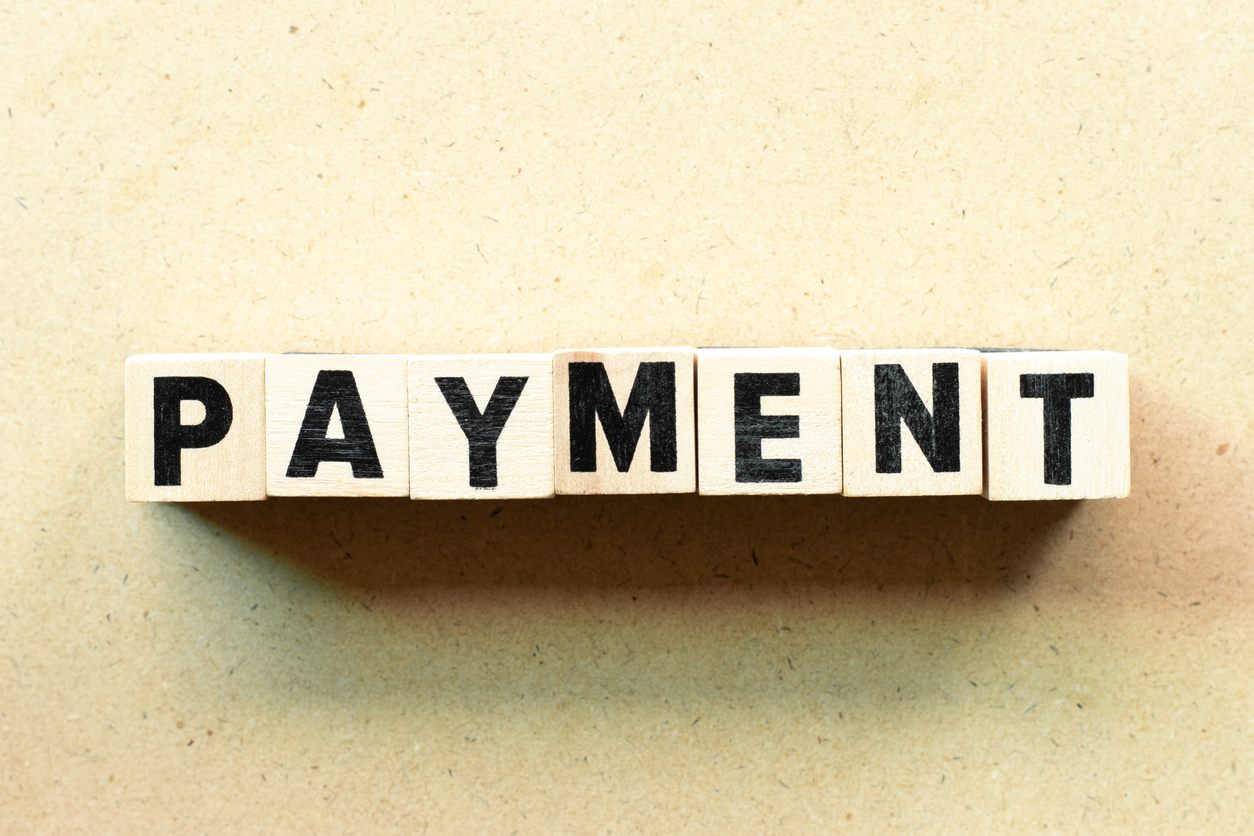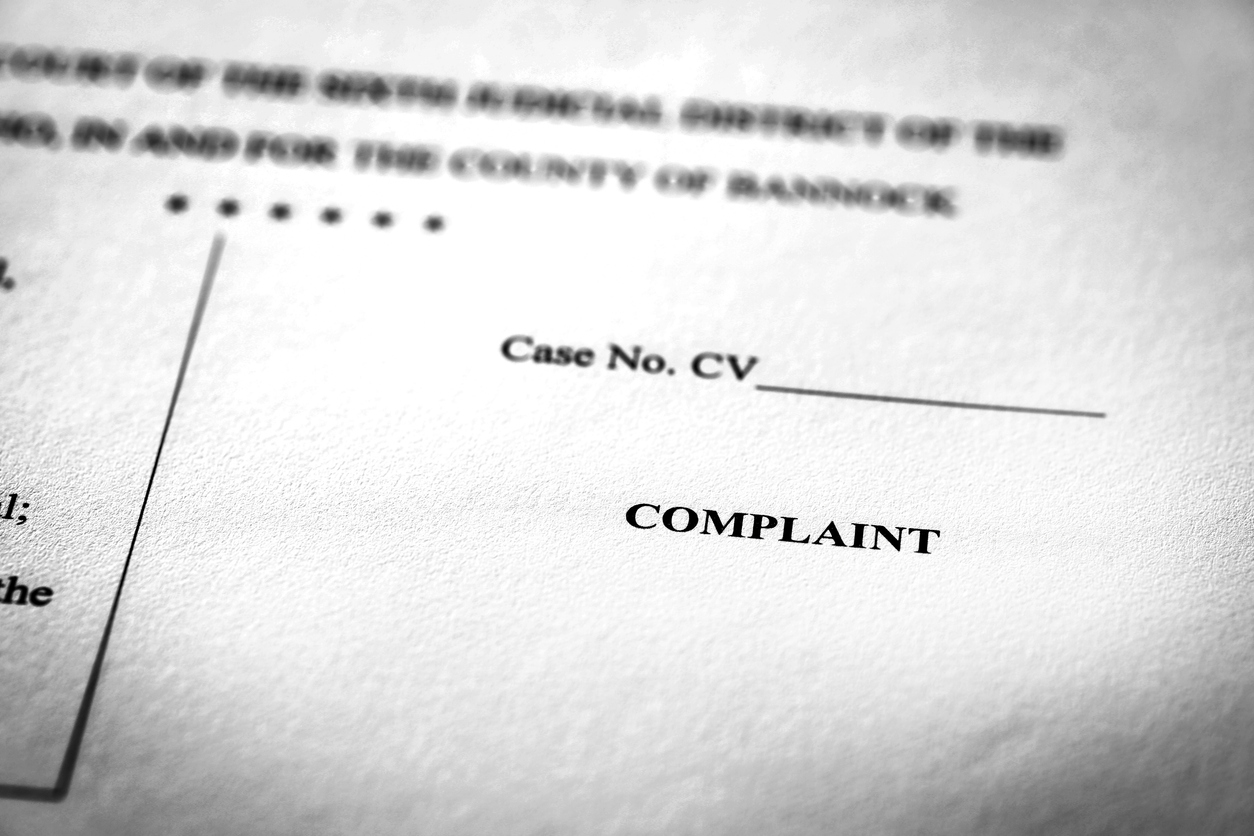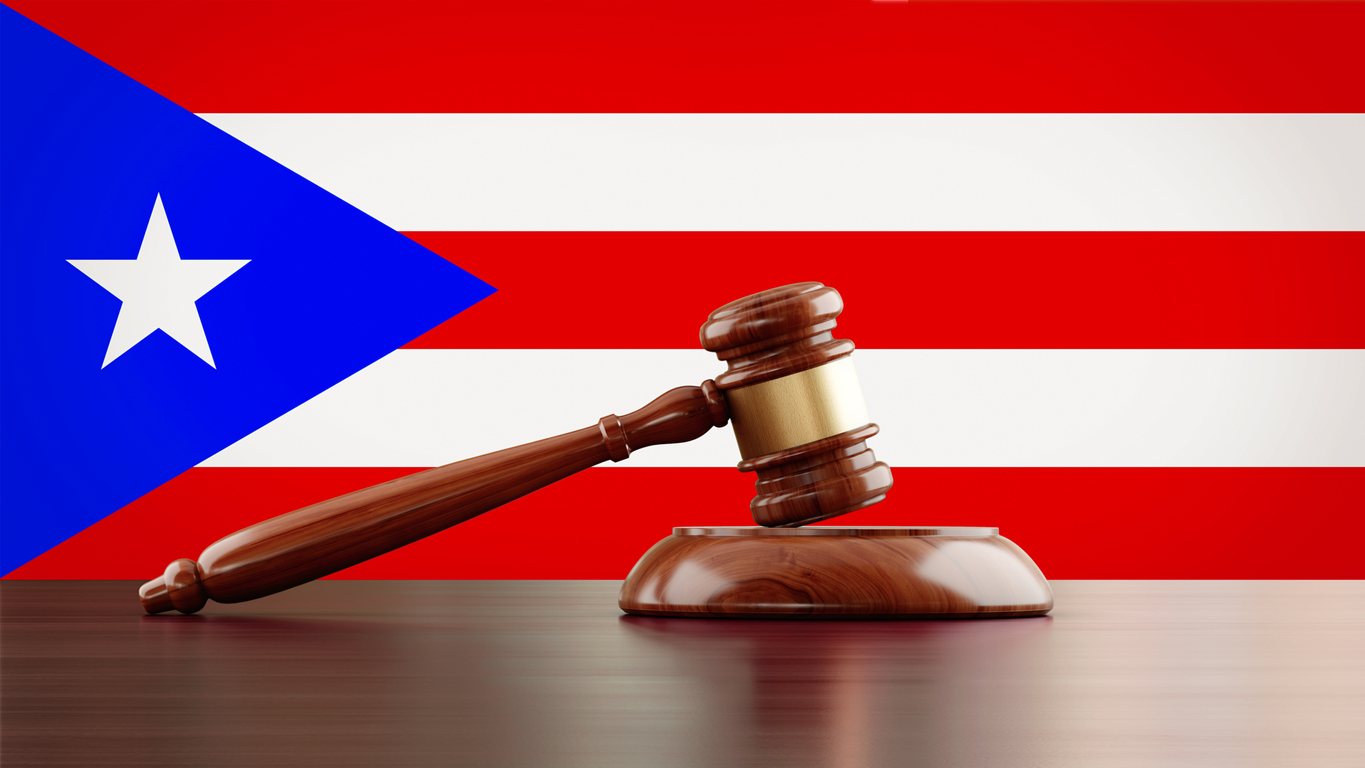Although appellate rulings are not precedential in Puerto Rico, they are highlighted as very important persuasive authority when the Supreme Court has not made a holding on the issue in controversy. Recently, two appellate court panels ruled on the issue of adjusted amounts that are not in controversy in an insurance claim. Both judicial panels determined the insurance companies should pay these amounts.
In one of the cases, Gonzalez v. MAPFRE.1 Plaintiff alleged MAPFRE (insurance company) had breached the insurance policy contract and had not complied with Puerto Rico’s Insurance Code when adjusting her Hurricane Maria claim. The Plaintiff then filed a motion requesting a Partial Summary Judgment for the adjusted amount that was not in dispute, alleging that when MAPFRE made the offer, they admitted they owed the amount of $7,852.57, for Hurricane Maria damages, therefore, this was a settled and due amount.
Plaintiff requested the trial court order the immediate payment of the amount or a preventive measure to ensure payment. MAPFRE filed a Motion in Opposition to this request alleging that the main controversy in this case was the amount to be paid, therefore, that amount ($7,852.57) was not a settled and due payment, it was just the final offer adjustment made in this claim and if no controversy existed with that amount then a Summary Judgment should be granted in their favor (not Plaintiff’s favor). Plaintiff filed a Motion in opposition alleging that MAPFRE’s adjustment meant they recognized or admitted their debt and they could not retract from that. The trial court ruled that although there was no controversy over the amount offered it could not be considered settled and due because the Plaintiff had not accepted it as the total amount for the property damages. The trial court denied both parties requests for Summary Judgments. Plaintiff requested that the court of appeals reverse the trial court decision.
The court of appeals held that during a judicial process an insurance company cannot retract or deny the initial adjusted amounts that have been recognized and understood are owed to the insured.2 This is because they were not in a negotiation position or possible transaction contract, the contrary, it constituted an offer made as part of their obligation under the Insurance Code. The appeals court also cited Article 1123 of Puerto Rico’s Civil Code that states:3
[W]hen a debt has a settled and unsettled amount, the creditor can request the debtor the payment of the first without waiting for the second to be settled.
The appellate court also held that “A debt is considered settled when the amount owed is certain and determined”4 and “it would be considered a demandable debt when the obligation is not subject to any nullity and you can demand compliance.”5 Therefore, the court concluded the amount the Plaintiff was claiming was in part settled and in part unsettled. The amount offered by MAPFRE ($7,852.57) constituted a final adjustment and it was a certain and determined amount not subject to nullity, and therefore considered a demandable debt. The Plaintiff had the right to the payment of that amount offered without having to wait for the ruling on the amount that was under controversy and MAPFRE cannot deny or retract from it, because it is their obligation to make the payment as a duty required under the Insurance Code. The court of appeals ordered MAPFRE to pay the Plaintiff $7,852.57 and to continue the judicial process on the other amount in controversy.
_____________________________________________
1 Gonzalez v. MAPFRE, Puerto Rico Court of Appeals, Special Panel, KLCE2020001033.
2 Carpets & Rugs v. Tropical Reps, 175 D.P.R. 615 (2009).
3 Art. 1123 Puerto Rico Civil Code, 31 L.P.R.A. sec. 3173.
4 Ramos de Szendrey v. Colon Figueroa, 153 D.P.R.534 (2001).
5 Guadalupe v. Rodriguez, 70 D.P.R. 958 (1950).




